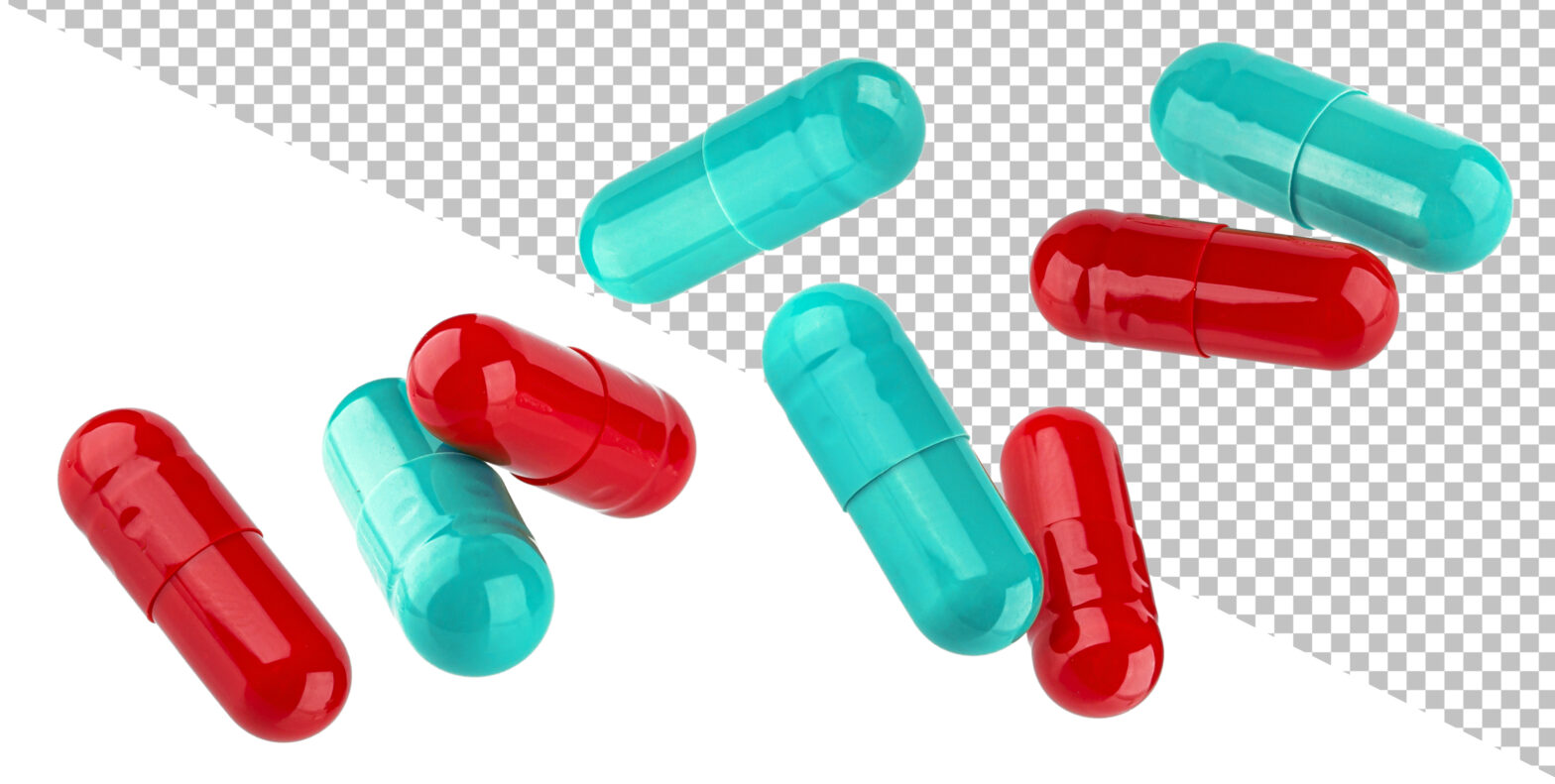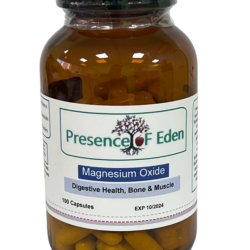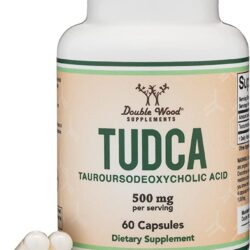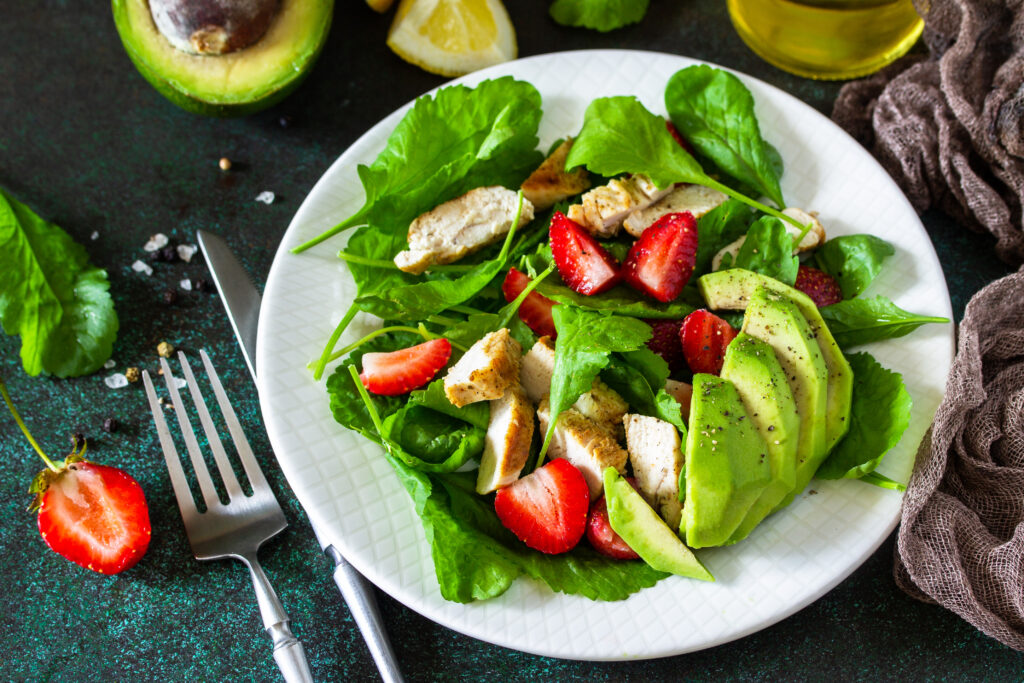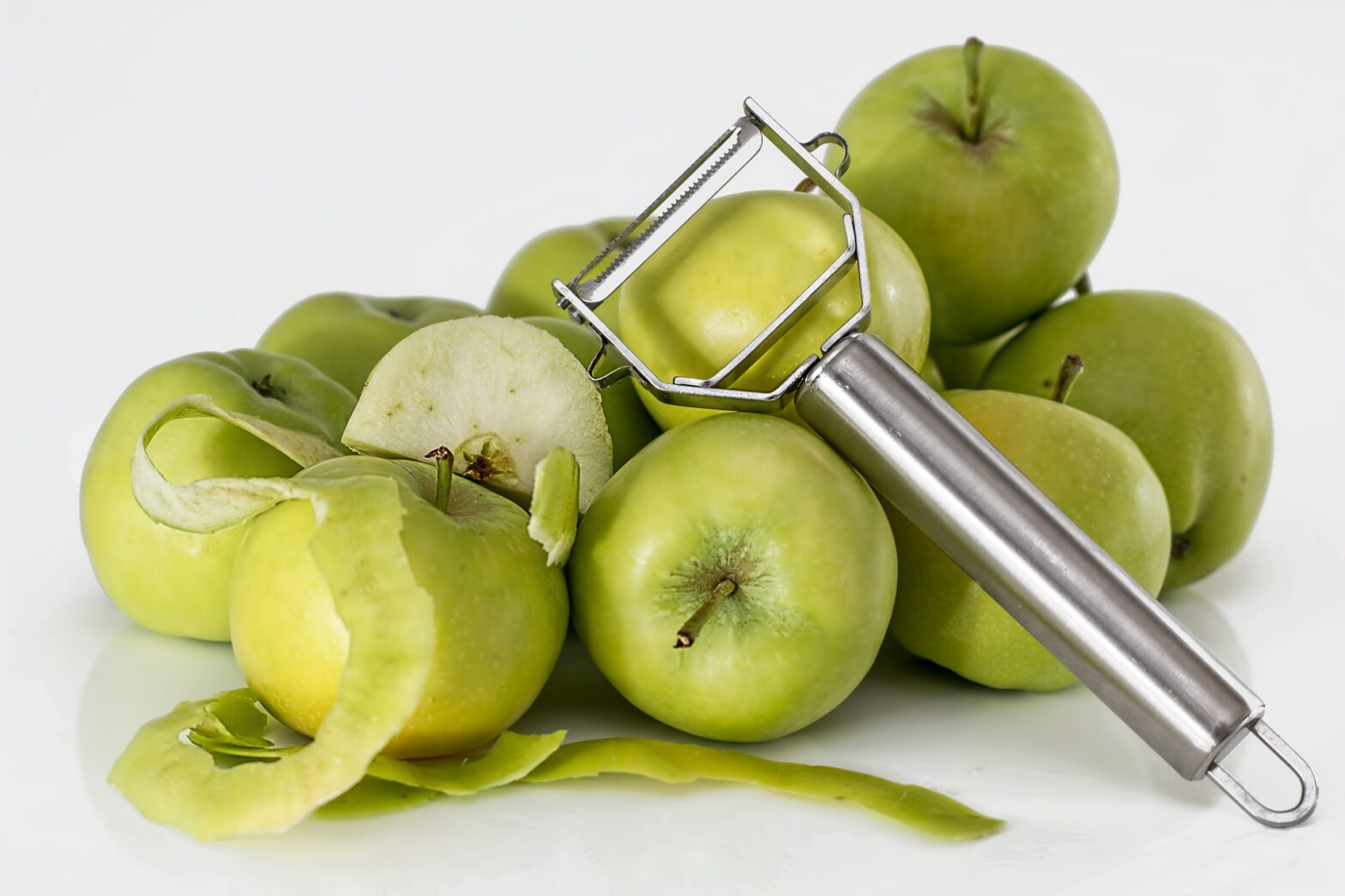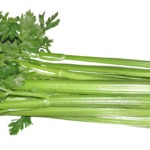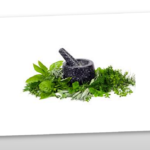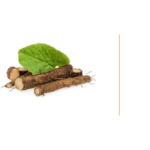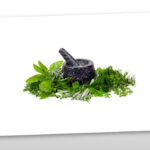Holistic Ways to Detox from Drug Addiction
Drug addiction can have a serious impact on your physical, mental, and emotional health. While detox programs are often the first step in the recovery process, there are also holistic approaches that can support your detox journey. Here are some holistic ways to detox from drug addiction:
- Eat a Nutritious Diet
A nutritious diet is essential for supporting your body’s detoxification process. Focus on eating whole, natural foods such as fruits, vegetables, whole grains, and lean protein. Avoid processed foods, sugar, and caffeine, which can make detox symptoms worse. Consider working with a nutritionist to develop a meal plan that supports your detox journey.
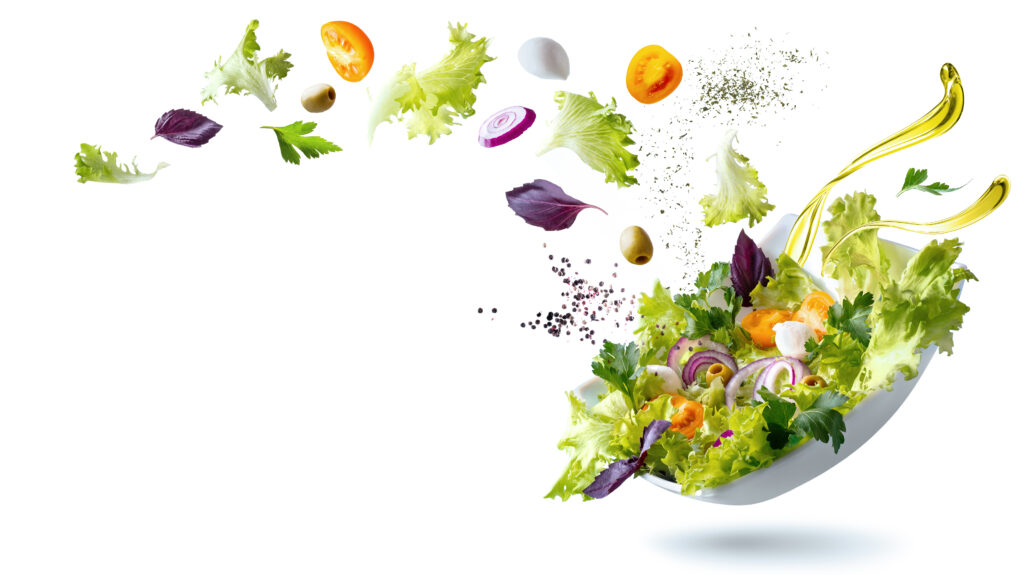
Recent Posts
- Practice Mindfulness Techniques
Mindfulness techniques such as meditation, deep breathing, and yoga can help calm the mind and reduce stress. This can be especially helpful during detox, when anxiety and depression can be common symptoms. Consider joining a mindfulness-based stress reduction program or working with a mindfulness coach to develop a practice that works for you.
- Use Natural Remedies
There are many natural remedies that can support your detox journey. Herbs such as milk thistle, dandelion root, and burdock root can help support liver function, while supplements such as magnesium, vitamin C, and B-complex vitamins can help reduce withdrawal symptoms. Consider working with a naturopathic doctor or herbalist to develop a natural remedy plan.
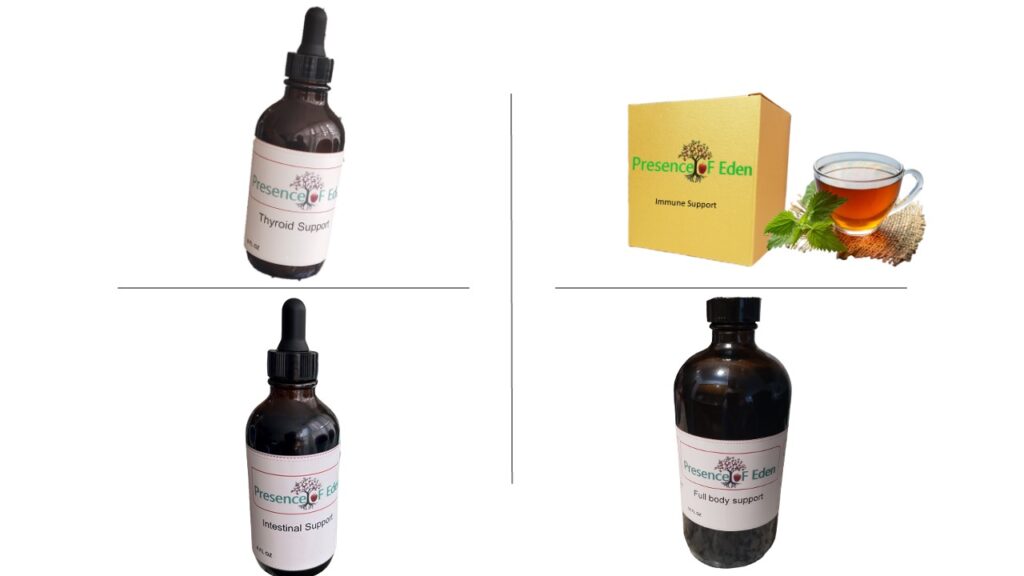
- Exercise Regularly
Regular exercise can help improve circulation, reduce stress, and support your body’s detoxification process. Aim for at least 30 minutes of moderate exercise per day, such as walking, biking, or swimming. You may also want to consider incorporating strength training exercises to build muscle and improve overall health.
- Connect with a Support Group
In conclusion, there are many holistic ways to support your detox journey from drug addiction. By incorporating healthy habits such as eating a nutritious diet, practicing mindfulness techniques, using natural remedies, exercising regularly, and connecting with a support group, you can give yourself the best chance of success. Remember, recovery is a journey, but with the right support and commitment, it is possible to overcome addiction and lead a healthy, fulfilling life

